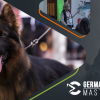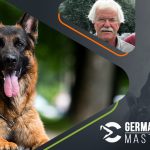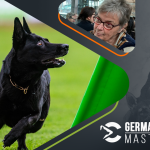
Longhaired German Shepherds
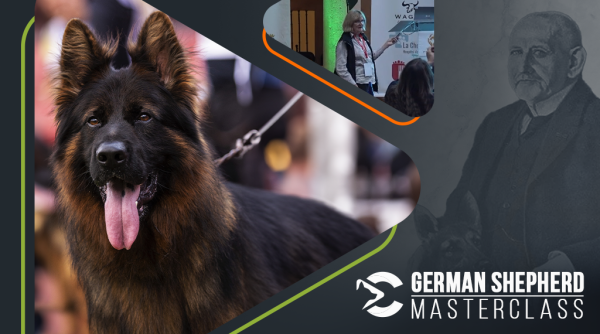
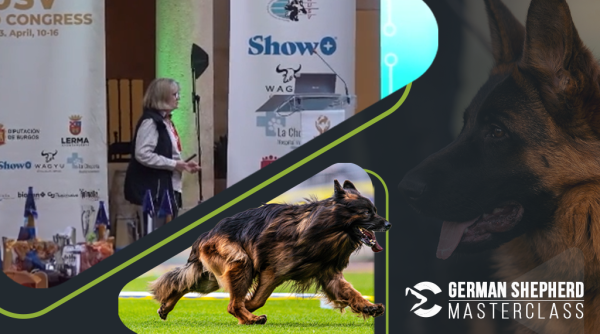
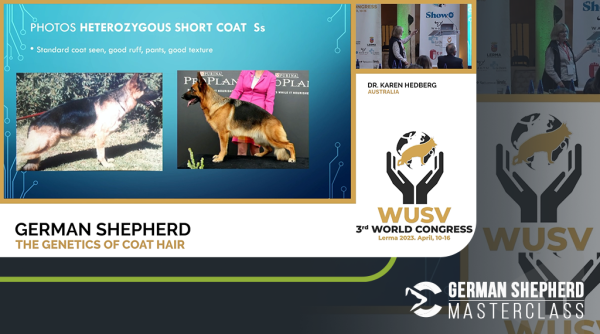
Longhaired German Shepherds
14,90€
The lectures by Karen Hedberg and Louis Donald comprehensively address the topic of long-haired German Shepherds, offering participants valuable insights into the genetic and breeding aspects of this dog variety. Karen Hedberg focuses on the genetic background and the impact of breeding decisions. She discusses the inheritance patterns of long and short hair in German Shepherds and highlights that the dominant short hair often prevails unless the long hair gene is selectively promoted. The discussion also includes the issue of inter-varietal breeding and how restrictions in this area can create an artificial separation within the breed, which can have long-term negative effects on the genetic diversity and health of the breed. Particularly in countries with limited gene pools, this can lead to serious challenges.
Louis Donald divides his lecture into seven sections and provides a historical overview of the development of the long stock coat in German Shepherds. He explains the variations in hair length, density, and fiber structure and discusses the SV rules regarding inter-varietal breeding. A particular focus is on genetic traits and the discussion of crossbreeding between varieties. Donald emphasizes the importance of coat as a functional and climate-related feature and describes the genetic and phenotypic differences that must be considered in breeding programs.
In summary, the lectures offer a detailed analysis of the genetic and breeding aspects of long-haired German Shepherds. They highlight the challenges and opportunities associated with maintaining genetic diversity and adapting breeding practices to promote a healthy and robust population. Participants interested in genetics, breeding, and the preservation of the breed will find solid information and practical recommendations in these lectures.
